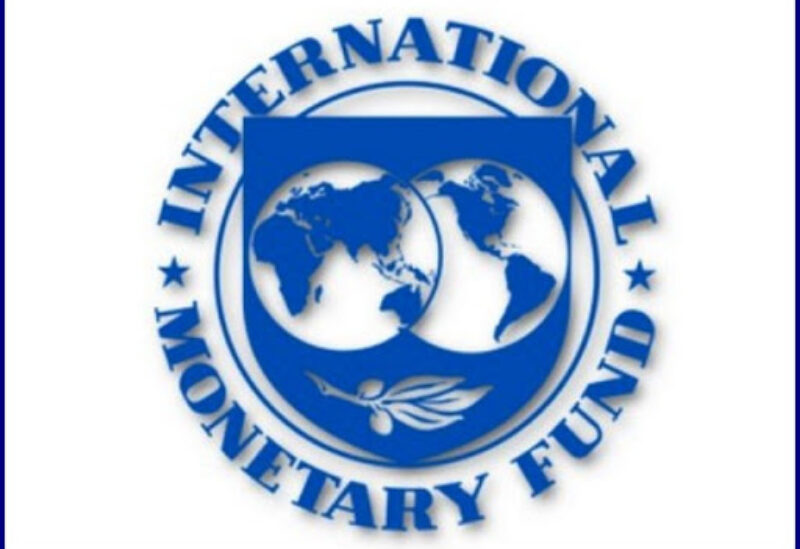
IMF logo
The IMF has accepted the East African country into the Highly Indebted Poor Countries (HIPC) initiative based on the country’s commitment to macroeconomic reforms, it said, meaning Sudan can finally access debt forgiveness and new funds. Sudan is the penultimate candidate for the IMF-World Bank programme and by far the largest debt holder.
Now at the programme’s “decision point,” Sudan will see its external debt drop to about $30 billion relatively soon. It will then fall to $6 billion when Sudan achieves irrevocable debt relief after an estimated three years, at the “completion point,” IMF mission head Carol Baker said.
Analysts said the HIPC decision came unusually quickly, a product of international goodwill toward Sudan’s civilian leaders sharing power with the military during a fragile political transition and acknowledgement of rapid, painful economic reforms.
“It’s not over yet but this is a really significant milestone on the country’s path to a more prosperous future,” said Ian Clark, partner at legal firm White & Case, which is advising the government on debt restructuring through the HIPC with financial adviser Lazard.
Deepened by decades of isolation and sanctions, Sudan’s economic crisis includes inflation approaching 400%, shortages of basic goods and services and a spike in food insecurity.
Recent economic reforms include the removal of fuel subsidies and a sharp exchange rate devaluation under an IMF-monitored programme required to enter HIPC.
Another condition for accessing HIPC was removal from the U.S. list of state sponsors of terrorism, achieved last year after Sudan agreed to provide compensation to victims of attacks and normalize relations with Israel.
“This is a big day for Sudan and reaffirms that all the efforts and sacrifices of the Sudanese people are recognized and rewarded,” Prime Minister Abdalla Hamdok said in a statement.
Under Omar al-Bashir, ousted as president after a popular uprising in April 2019, Sudan accumulated massive arrears, or unpaid interest and penalties, that grew to account for 85% of the country’s total debt. Its power-sharing deal is due to last until the end of 2023.
Sudan is still calculating its full debt, but in a March report the IMF said the country owed $19 billion to Paris Club countries and the same to non-Paris Club countries, including Kuwait, Saudi Arabia and China as of the end of 2019. Its large commercial debts of at least $6 billion are roughly matched by what it owed to multilateral organisations.
Sudan’s arrears to the World Bank and African Development Bank were settled earlier this year, and the IMF announced on Tuesday that its arrears were also resolved with help from a French bridge loan.
Next month, the Paris Club will decide on the proportion of debt it will forgive, expected around 70%, and a comparable agreement is expected to apply to other creditors, subject to individual negotiations.
The HIPC programme has been far from a panacea: Three of its graduates – Ethiopia, Zambia and Chad – are currently applying for debt relief under the G20 common framework programme launched in 2020. Others such as Mozambique and Congo have also been forced to restructure.